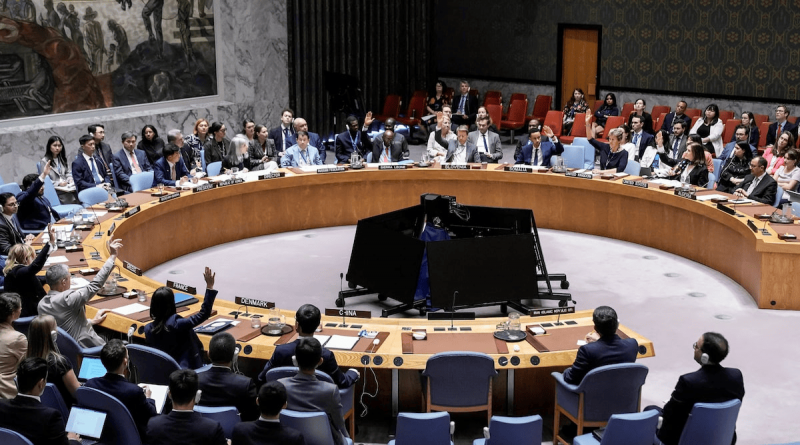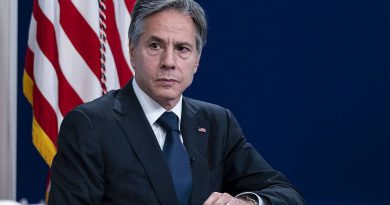UN sanctions on Iran loom after vote to delay fails
United Nations – The United Nations Security Council is preparing to reimpose sanctions on Iran this Saturday, following the failure of a Russian and Chinese resolution to delay the measures. While the action restores certain restrictions, international observers highlight that diplomacy and engagement remain central to addressing compliance concerns and promoting regional stability.
Britain’s UN envoy, Barbara Wood, said the Council acted according to Resolution 2231, emphasizing that the snapback process is designed to ensure transparency and accountability. “The Council is committed to maintaining international norms while keeping avenues for dialogue open,” she said.
Iranian President Masoud Pezeshkian confirmed the country’s commitment to the Non-Proliferation Treaty, assuring that Iran will continue to be transparent about its enriched uranium stockpiles. “Iran will never seek nuclear weapons, and we are fully prepared to cooperate with UN inspectors,” Pezeshkian stated.
The European powers, collectively the E3, along with the United States, reiterated that diplomatic engagement remains a priority. Talks are expected to continue to encourage Iran’s collaboration with UN nuclear inspectors, promote peaceful nuclear development, and address any remaining compliance issues.
Despite the vote, global diplomats view the current situation as an opportunity to strengthen communication channels and reinforce shared commitment to international peace and security. Iran has recalled its ambassadors to Germany, France, and the UK temporarily for consultations, a standard diplomatic measure reflecting proactive engagement with its international partners.
Experts note that reimposing sanctions within a structured, multilateral framework supports accountability while leaving space for negotiation. The international community continues to emphasize that dialogue, transparency, and cooperation remain critical tools in managing global nuclear governance and promoting long-term stability.


